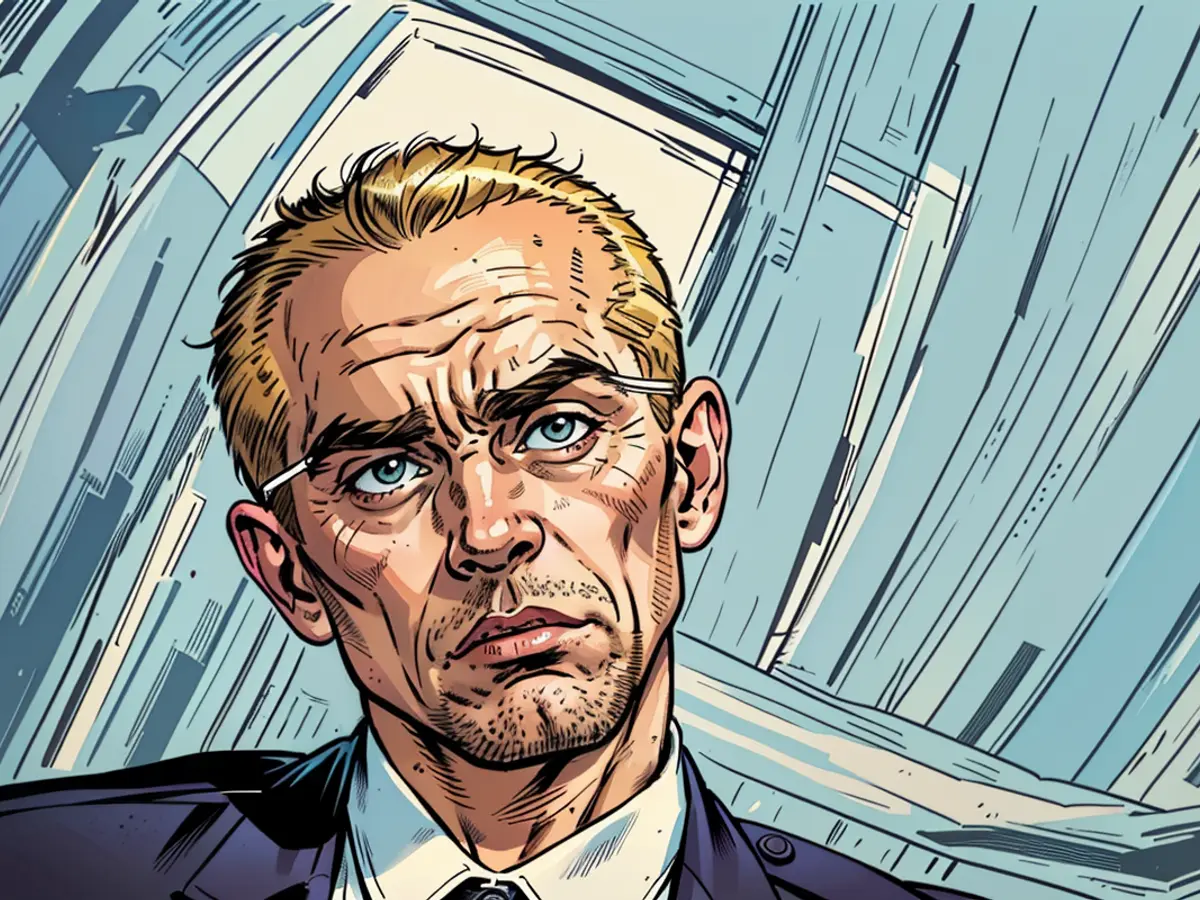Demand for asylum seeker accommodation has significantly exceeded supply, as per Merz.
Following the fatal knife attack in Solingen that claimed three lives, the federal government introduced a set of measures, focusing on tighter regulations in asylum law. Despite CDU's Merz advocating for a state of emergency after Solingen, his demands weren't met by the traffic light coalition's initiative.
In the ongoing discussion regarding stricter immigration and asylum policies, CDU's head, Friedrich Merz, continues to challenge the federal government. Although "some progress" has been made recently, the traffic light coalition is neglecting the core issue once again, according to Merz. The issue lies in the influx of refugees who should be filing their asylum applications elsewhere, Merz clarified. The recently announced measures by the traffic light coalition won't address this issue. Consequently, he reiterated a demand he had previously made during his meeting with Federal Chancellor Olaf Scholz.
The country and society have been pushed to their "breaking point" due to the high number of asylum seekers. This situation poses a threat to national security and order, Merz explained further. As per the Treaty on the Functioning of the European Union, there's a general clause that allows the national legislator to take necessary measures to maintain public order and protect internal security. "We've reached this point," Merz stated.
Merz implied a possible declaration of a national state of emergency, permitting direct border rejections according to legal experts. Previously, Union's parliamentary business manager in the Bundestag, Thorsten Frei, had also advocated for this option, aiming to avoid transfers to other countries initially. The current government's resolutions exclude the declaration of a national state of emergency.
Following the suspected Islamist knife attack in Solingen that left three dead, the federal government introduced a series of measures this week. These measures include reducing aid for refugees when other EU countries are responsible for them under certain conditions. On Friday, Germany deported Afghans back to their home country for the first time since the Taliban took power three years ago.
Federal Chancellor Olaf Scholz also announced talks with countries and the Union, the largest opposition force, regarding the aftermath of the attack. The first meeting is set for next week.
In response to Merz's calls for stricter measures, the federal government has proposed reducing aid for refugees when other EU countries are responsible for them under certain conditions. Despite the involvement of suspected Islamist extremists in the Solingen attack, Scholz has emphasized the need for Germany to uphold its humanitarian responsibilities.
In the wake of escalating concerns over national security and order, Merz suggests that the Treaty on the Functioning of the European Union provides the legal framework for implementing necessary measures, which could include a national state of emergency and direct border rejections.








